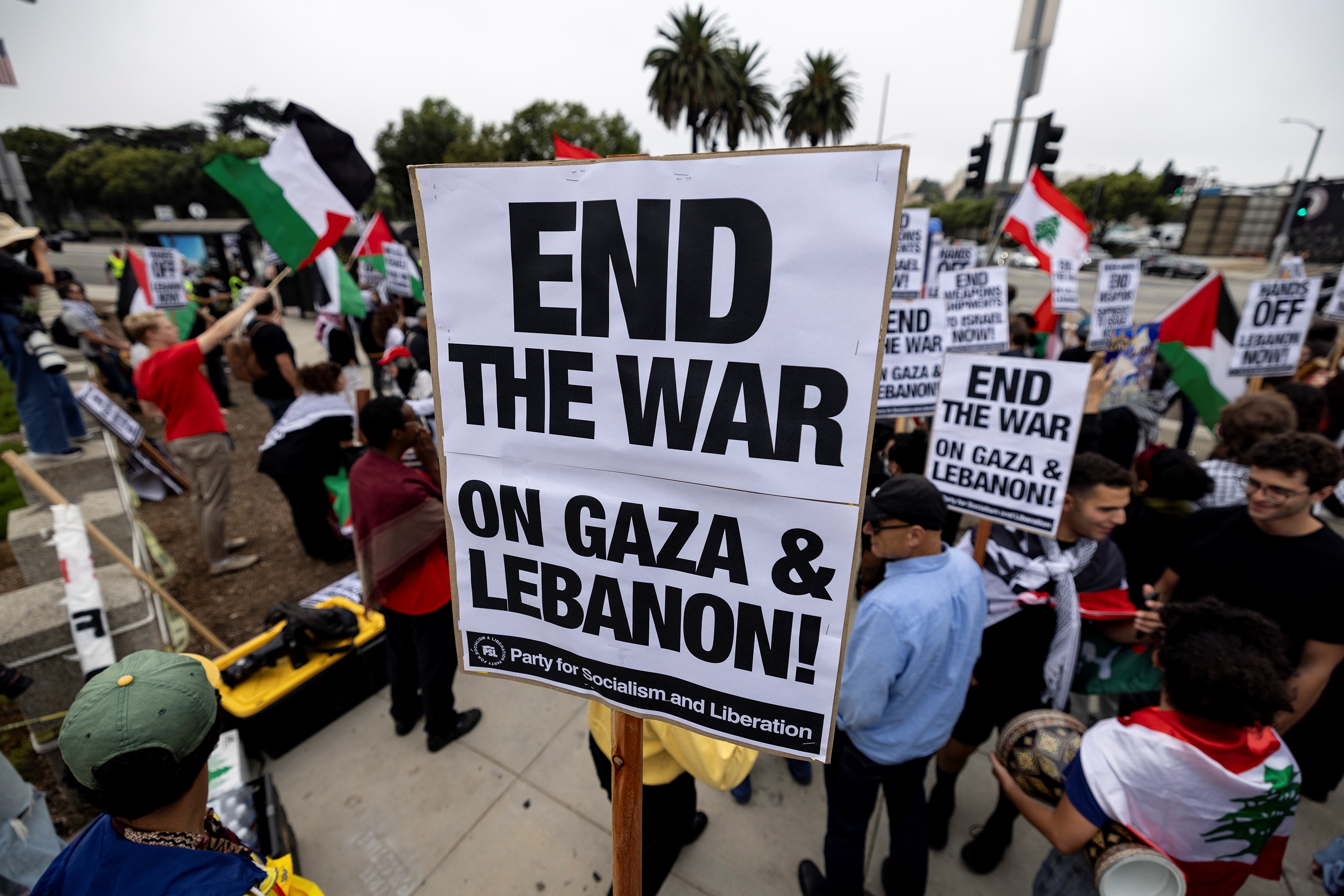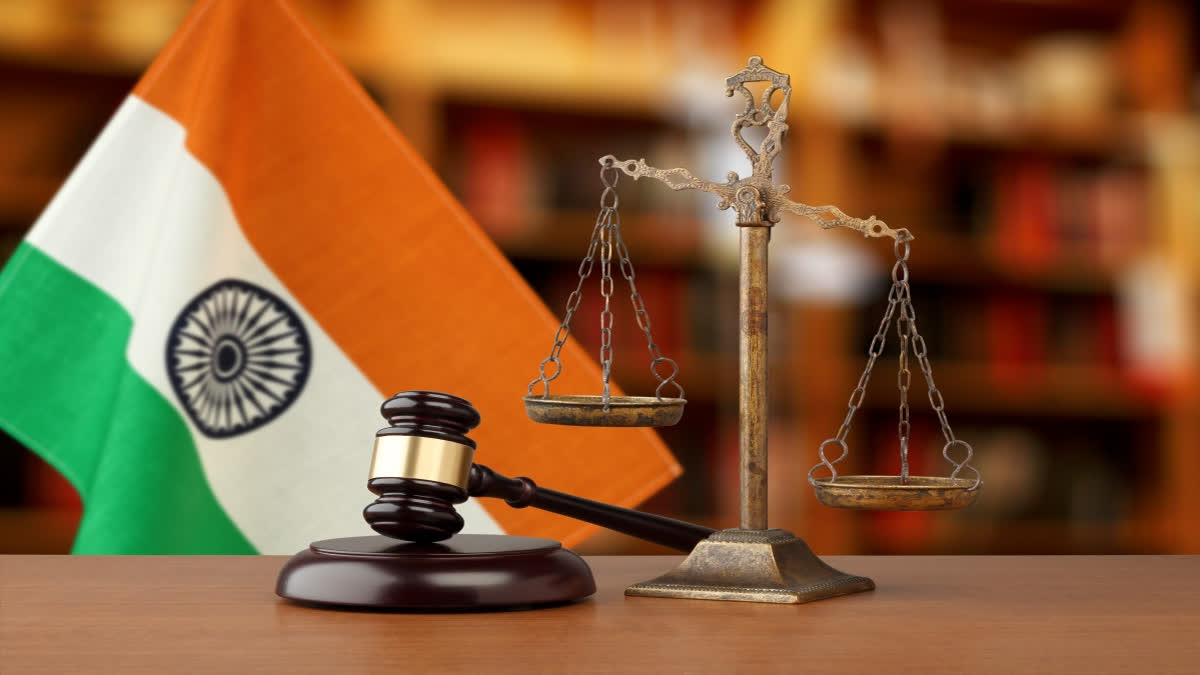As Martin Luther King (Jr) said "Injustice anywhere is a threat to justice everywhere". The Vedic scriptures expound on justice as being intrinsic to dharma or righteousness on earth justice is the moral underpinning of an equitable and inclusive social structure that nurtures harmony and fraternity among societal stakeholders.
Sans Justice, a nation-state or a society becomes the battleground between the privileged and the marginalised. This leads to vivisection of the social tapestry manifesting in disputes, strife and wars. Many a revolution the French, American, Russian and liberation struggles by former colonies were waged to subserve justice and establish egalitarianism. Justice is a powerful moral force that equalises the balance of power and levels the metaphorical playing field is myriad social, cultural, economic and political realms.
Force and Justice
Justice, though a sacrosanct and a cherished goal, is meaningful only when its purported objective is furthered. Justice, after all, is not an "end" on itself, but a “means” to the larger end of fructifying the goal of building a just social order for justice to accomplish this larger end, its imperative to consider its interplay with force. Though seemingly dichotomous concepts, justice and force are interrelated and their relationship delineates the contours of harmonious social existence and well-being of a populace.

Force Without Justice
To contextualise this, consider the current situation in the Gaza conflict between Israel and Hamas. In retaliation of the dastardly terror attacks by Hamas on October 7, 2023, Israel has unleashed the full fury of its military might. The disproportionate use of force by Israel has resulted in the brutal killing of more than 40,000 innocent civilians, the displacement of more than a million Gaza people, not to speak of hunger, poverty and disease that has struck the territory.
Countries like South Africa have challenged Israel's actions in ICJ - the United Nations's top court as being violative of the Genocide Convention, even the international criminal court has accused Israeli leadership of perpetrating war crimes. Ironically, Israel claims to use force to do justice to its citizens who are held hostage by Hamas. The disproportionate force, ostensibly to defend one's interest has held justice hostage in the process and metamorphosed into Tyranny.

Back home in India, one gets too often hears of vigilante groups lynching innocent individuals on the pretext of protecting their religious ideals. The "State" is not alien to the use of force either. The tyrannical state referred to by George Orwell in 1984 resorts to the application of force, jettisoning justice in the process. Consider the recent instances of so-called "Bulldozer Justice" being resorted by State governments, whereby properties of those accused of heinous crimes are being razed to rubble. This tyrannical exercise of power suggesting the principle of natural justice has been denounced by the Apex court in September 2024.
In today's age of consumerism, materialism and globalisation, force is acquiring a gigantic form. Through their unsustainable lifestyles, individuals are inflicting terrible force upon nature. In the quest to shore up their bottom lines, corporates are adopting force majeure to establish their market position and are driving out smaller players from the competition. The recent indictment of Google and Apple by US regulators for adopting monopolistic practices is a case in point as to how force sans justice is manifesting as tyranny. Adam Smith’s proposition of the invisible hand of the market as being a guarantor of prosperity for all has been eroded by the predatory forces of capitalism.

Justice Without Force
Though on the basis of the above reading, force might seem to be antagonistic to justice, however, justice without the teeth of power is but a crippled creature. Consider this – in 1992, Bhanwari Devi, a social worker was brutally gang-raped when she attempted to stop a child marriage. This incident led to a wave of feminist activism for workplace safety for women. In 1997, under "Vishaka V/S State of Rajasthan" the Supreme Court issued Vishaka guidelines for the prevention of sexual harassment at the workplace.
26 years thereafter POSH Act 2013 was enacted to impart statutory to Vishaka guidelines. However, the travesty is that the POSH Act 2013, a beneficial legislation to further gender justice remains a farcical piece of document in the absence of force of accountability with respect to its compliance. It is no wonder then, that horrendous crimes against women such as those at Calcutta RG Kar Hospital are being perpetrated with impunity. Also, revelations of the K. Hema Committee report pertaining to sexual abuse and violence against women in the Malayalam film industry reflect the miscarriage of justice for want of force.
Governments have in their constitutional quest for socio, economic and political justice put in place a myriad affirmative policies for emancipating the downtrodden. But do the benefits of these trickle down to the intended beneficiaries?
Yes, technologies such as direct benefit transfer, and UPI-based e-governance solutions have deepened social justice but many such interventions are still mired in the labyrinth of Weberian bureaucratic structures that lack ethical, moral and emotional force, without which true justice remains elusive.

For, manual scavengers, transgenders, Dalits, tribes and minorities continue to be marginalised despite constitutional legal and judicial interventions on a global scale, rich and powerful countries continue to abdicate their responsibilities despite extant justice delivery institutions, International Court of Justice (ICJ), as alluded to earlier is UN's top court and its decisions are binding. However, it lacks the enforcement mechanism to enforce its decisions. Historically its verdicts have been undermined by so-called democratic states such as the US (US V/S Nicaragua), and now Israel has blatantly refused to comply with its order to prevent civilian casualties.
In the environmental domain, developed countries have repeatedly failed to honour their commitments and obligations to transfer climate finance and technologies for the energy transition to poor countries. But there is no accountability, which leads them to ride roughshod over justice in the absence of force to uphold it
Force and Justice - Establishing Harmony
Thus, the maximum justice without force is powerless and force without justice is tyrannical, profoundly encapsulates the complex relationship between force and justice. In order to build a just social order which is quintessential to inclusive and sustainable progress, one must strike the right balance between justice and force. Harmonising the two by making them mutually reinforcing will establish an inextricable connection between them. It is only then that Martin Luther's dream of eroding justice everywhere will be subserved, resulting in abiding peace and the establishment of Dharma.
As Rig Veda propounds- “Yato Dharmastato Jaya” Where there is Dharma, there is a triumph of humanity.
(Disclaimer: The opinions expressed in this article are those of the writer. The facts and opinions expressed here do not reflect the views of ETV Bharat)



